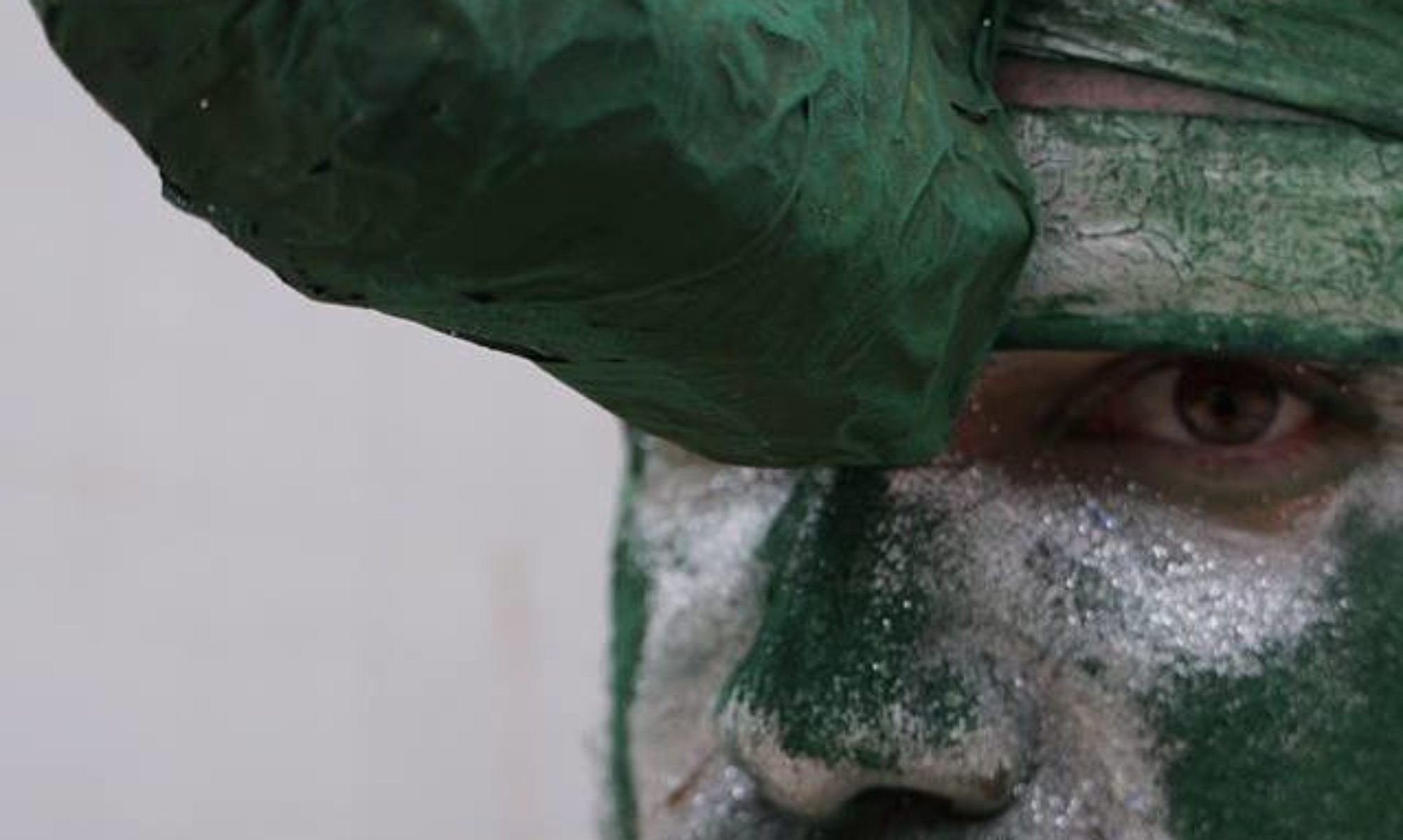
This is my blog of “reflection-on-action” (Schön, 1983: 50), on Short Courses of RCS, working with children of P5-7 through Process Drama (Digital Version).
In this blog I will reflect and write about things that went well and things that needed improvement in each week’s Process Drama plan and digital content.
As it was mentioned last week, at the beginning of the process it was quite difficult for me to grasp what I have been asked to offer to the short courses of RCS but as they days go by and I have more discussions with my mentor, along with discussions with my peers, I am able to create content a step closer to the desired result.
The theme of WEEK 2 came easily as I decided to reinforce the belief of children on their Avatars in order for them to have a stronger relation between them. That would open up the space for the following weeks where issues will start arising calling for the participants’ help. That way they will start getting involved with the world of CIRCLE in a deeper level of belief. That can already be seen by the fact that the first posts/proof of involvement have started to sprout in the Microsoft Teams group chat. Already a participant has posted a drawing of their Avatar with some basic information about them, giving me the chance to open a dialogue with them, asking them to expand a bit more about their Avatar. Hopefully that will encourage even more participants to post their texts, images and reflections in the group chat.
WEEK 2 is delving a bit deeper into themes like identity, building on the pre-existent Avatar, asking from the participants to create a fuller more realised version of their Avatar with a background story, personality and life goals and by the end of the workshop are asked to reflect on the same questions but not about their Avatars, but about them. What is identity for them, what is consisted of and who, if any, dictates that identity. Participants are prompted to approach “identity” through the lens of intersectionality. Intersectionality is considered a valuable theoretical framework. The concept of “intersectionality” is used by many scholars and researchers in order to describe the interaction of multiple identities and experiences of exclusion and subordination. Intersectionality is a framework that acknowledges that categories, such as gender, race, sexuality and so on, intersect in the lives of individuals. Furthermore, it views social practices, institutional arrangements and cultural ideologies as the aftermath of this interaction in a network of power (Davis, 2008; Anthias, 2012; Bilge, 2010).
WEEK 2 was a big development for the project as some things have started to establish, such as the letter from the founder and the distinction of the two different personas of facilitators, each persona dealing with a different aspect of the process drama. One of them is in-character, further building belief on the “one Big Lie” (Wagner, 1979: 67) that is “CIRCLE” and the other out-of-character as an introduction to the reflection part of the process drama where the children begin to develop their sense of the drama’s meaning (Clark et al., 1997: 133). My role is out-of-character and I am responsible for the reflection part. I will be there each week in order to re-cap of what happened within “CIRCLE” but most importantly my role as a facilitator will be to offer some critical reflection questions to the participants to consider as an attempt to open a dialogue between them and me or give those participants a stimuli so they could start a discussion with their peers or family members.
Reference List
Anthias, F. (2012). “Intersectional what? Social divisions, intersectionality and levels of analysis”, Ethnicities, 0:0, p. 1-17.
Bilge, S., (2010), “Recent Feminist Outlooks on Intersectionality”, Diogenes, 225, p. 58-72.
Clark, J., Dobson, W., Goode, T. and Neelands, J. (1997). “Lessons for the living: Drama and the Integrated Curriculum.” 1st ed. Mayfair Cornerstone.
Davis, K., (2008), “Intersectionality as buzzword A sociology of science perspective on what makes a feminist theory successful”, Feminist Theory, 9:1, p. 67-85.
Schön, D.A. (1983). The Reflective Practitioner : How Professionals Think in Action. S.L.: Basic Books.
Digital Content (1st Draft): CIRCLE 2nd WEEK
Digital Content (Final Draft): CIRCLE 2nd WEEK
Digital Content (Annotated): CIRCLE 2nd WEEK (annotated)
Process Drama Plan (1st Draft): Process Drama WEEK 2
Process Drama Plan (Final Draft): Process Drama WEEK 2
Process Drama Plan (Annotated): Process Drama WEEK 2 (annotated)
Process Drama Plan (Feedback from Mentor): Process Drama WEEK 2 Aby Feedback
Mentor’s Feedback: Mentor’s Feedback

